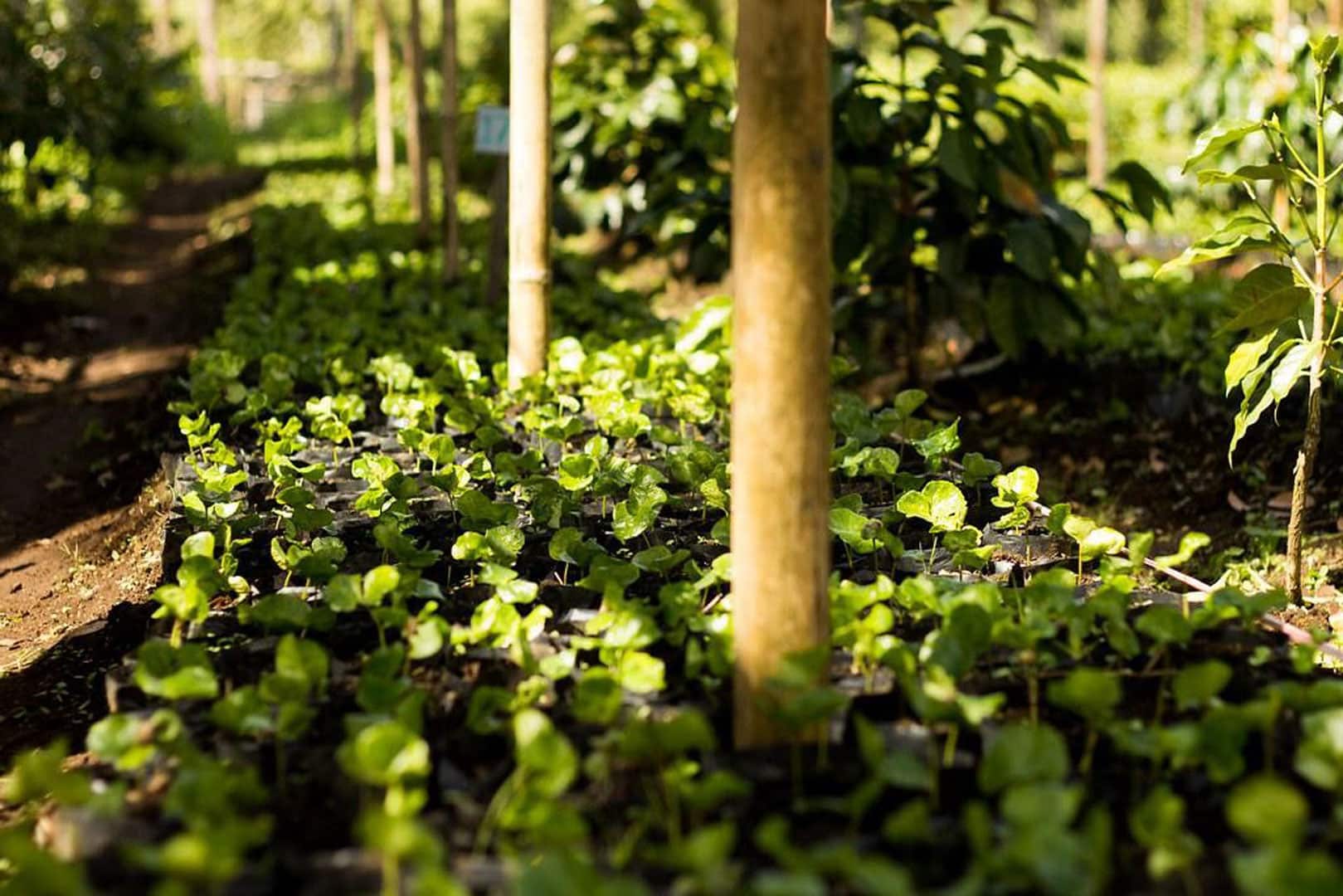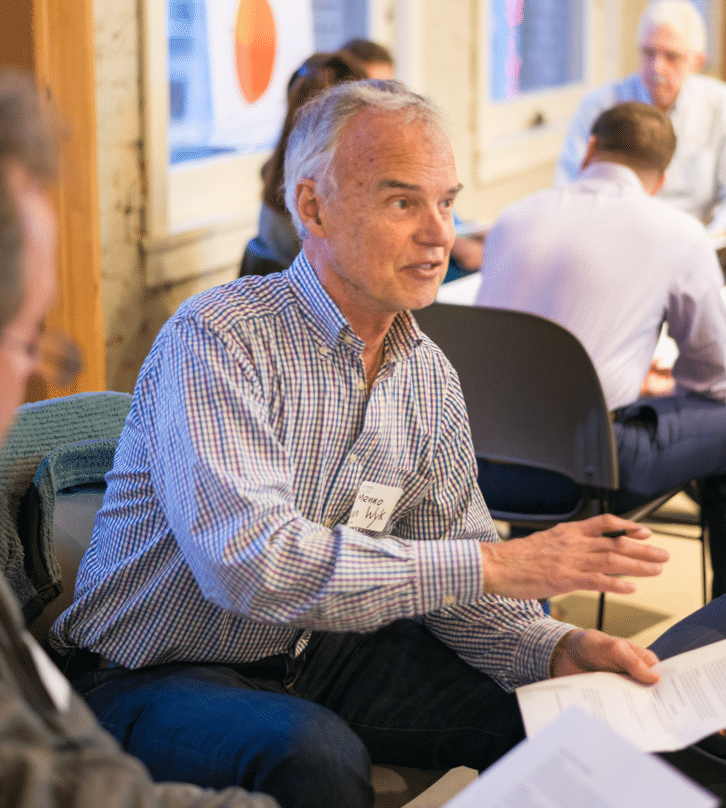Smallholder farming is a tough business sometimes described as, ‘Buy retail, sell wholesale’. Governments around the world have tried lots of things to help farmers add value, from supporting high-value crops like wine grapes to setting up international commodity agreements. But today’s high-value crop can become tomorrow’s low-value commodity and international commodity agreements that resemble cartels have often failed. Will agricultural certification programs, which unlike their predecessors aim to engage consumers, fare better?
Third-party agricultural certification programs emerged as a way to improve the output and incomes of smallholder farmers struggling to earn a living in economically vulnerable regions. Organizations set up farm certification programs because they figured that by working directly with smallholder farmers on best practices and quality control, they could enhance the brand image of these farmers’ crops, hopefully netting farmers better market prices and greater sales in the developed world. Many certification programs even try to bypass a long chain of middlemen brokers, ensuring farmers can reap the most rewards from sales.
Today, there are a vast array of farm certification schemes out there but they narrowly fall under three basic categories: organic food certification programs, sustainability certification programs, and so-called “fair trade” certification systems. That last category focuses explicitly on raising farmers’ incomes, but all certification programs seek to do the same to some extent.
They also claim to boost smallholder farm yields. But do they succeed in doing so? One group of scientists working in Indonesia sought to find out. They say evidence that certification programs increase farm yields and incomes is lacking, but that doesn’t mean these third-party quality training and certification programs don’t help smallholders.
How it works
Russell Toth, an agricultural economist at the University of Sydney in Australia, defines third-party farm certification programs as arrangements where “there’s some kind of external organization that’s certifying the validity of the production in some way.” There’s more to it than that, but that’s a pretty good way to generalize it.
Basically, in a farm certification program an organization, usually a nonprofit or sometimes a government agency, devises a list of criteria, standards, or goals that farmers must meet to earn a particular label they issue that’s supposed to work as a sort of quality seal-of-approval. The organization often helps farmers achieve certification through training aimed at improving farming systems and quality control. It will also periodically inspect or audit farms to ensure or measure compliance.
If satisfied, the organization will give a farm the right to use a certification brand to sell its crops. Participating farmers can often charge more for crops labeled with this certified seal of approval. “It’s very focused on setting price floors,” Toth explained. Also, farmers generally pay nothing to participate, he added. “Certification is often paid for by the buyer or exporter, not the farmers themselves.”
For grocery shoppers in the United States, the most famous food certification label is arguably the U.S. Department of Agriculture’s “USDA Certified Organic” label. Shoppers looking to purchase organic food will look for this mark, trusting that the certification agency has ensured the produce was grown without any chemicals or genetic engineering. But the most famous and powerful private certification program is probably the system set up by the Rainforest Alliance, a nonprofit that says it ensures smallholder farming is practiced sustainably and in ways that protect both nature and farmers.
The view from Sumatra
In a June webinar, Toth described research he and six colleagues undertook in a region of Sumatra, Indonesia where coffee farmers who were already enrolled in one certification program, the Common Code for the Coffee Community or 4C system, were “upgraded” to the Rainforest Alliance’s certification standard. The study was sponsored by several organizations, including the University of Sydney and the Indonesian Coffee and Cocoa Research Institute. Toth said their goal was simple: to determine if the earlier certification system and new Rainforest Alliance program saw coffee farmers growing more coffee and earning more money.
“We can rule out really big positive effects and really big negative effects.”
Ultimately, the researchers found that belonging to either 4C or the Rainforest Alliance certainly didn’t hurt enrolled smallholder coffee farmers, but these systems didn’t necessarily benefit them either, at least not in any significant way.
“This upgrading did not have transformative impacts on most dimensions,” Toth reported. “We can rule out really big positive effects and really big negative effects of that program for the most part.” The researchers discovered that 4C and later Rainforest Alliance (RFA) enrolled farmers earned slightly more money for their coffee than their unenrolled neighbors, but they had a difficult time attributing this to the certification programs themselves. They deemed it more likely that the certification programs improved farmers’ “social capital,” thus enabling them to earn more from off-farm activities. These certification programs also apparently failed to help enrolled farmers grow a lot more coffee. A final report on the study found that “coffee management practices and coffee yields…had not dramatically improved.”
It’s not hopeless
So, is third-party certification a failure? Not necessarily.
This particular study involved only two certification programs focused on one crop—coffee—and in one small corner of the world. And, as Toth noted, the smallholder farmers targeted in the study told the researchers they were happy to be enrolled and thought that the certification training and auditing helped them, even though the researchers couldn’t find any direct evidence of this. Enrolled farmers also expressed more optimism about the future compared to a control group.
But other studies also suggest that certification schemes are less than a panacea for farmers. Unfortunately, they’re among the few options for consumers motivated to improve the lives of the farmers who grow their food. At Grow Further, we’re working on changing that by giving consumers a way to effectively and meaningfully engage with the future of agriculture around the world.
— Grow Further
Photo credit: Coffee growing under shade in Sumatra, Indonesia. Luke Mackin, Wild Sumatra.




